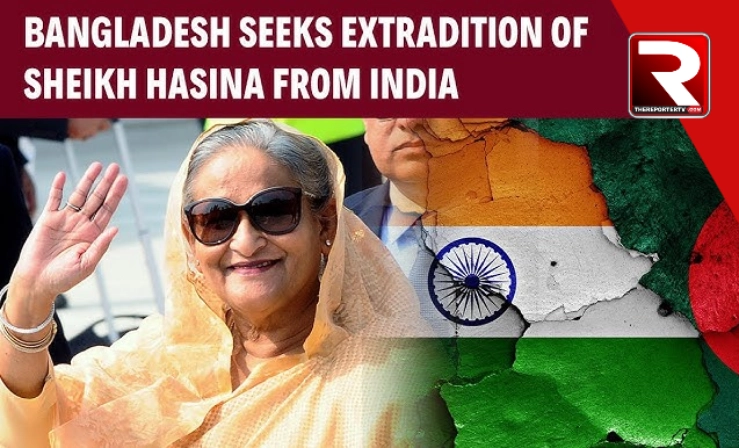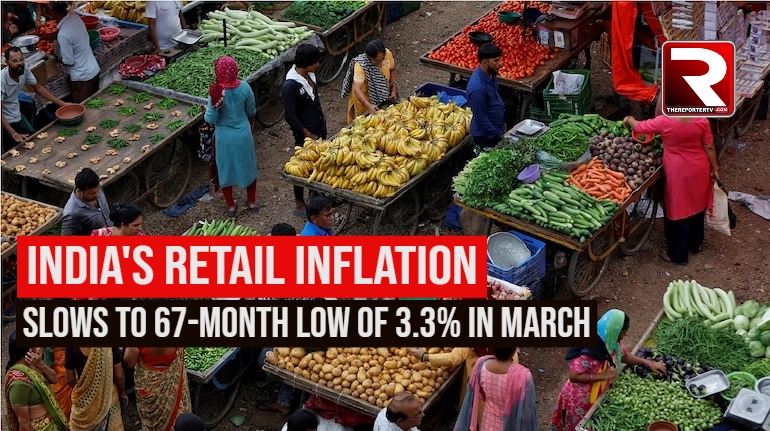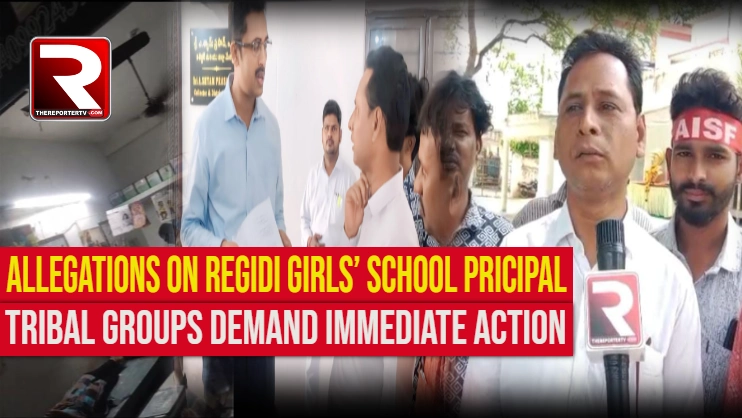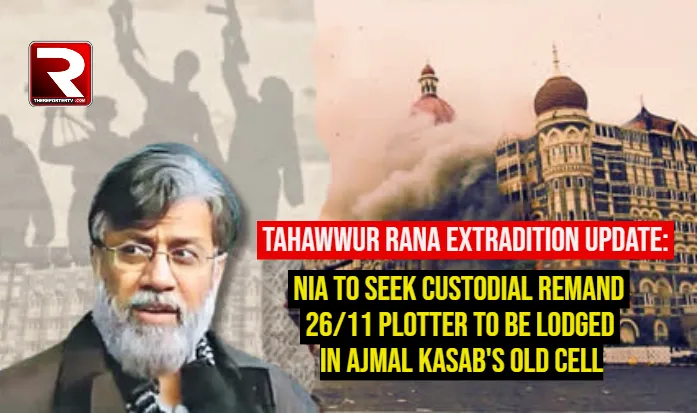Dhaka, Bangladesh – Bangladesh’s interim government announced on Monday that it has formally requested the Indian government to extradite deposed Prime Minister Sheikh Hasina, who has been living in exile in India since early August. The move comes as the Bangladesh authorities seek to hold Hasina accountable for alleged crimes against humanity and genocide.
Sheikh Hasina, 77, fled the country on August 5 after student-led protests led to the collapse of her 16-year-long rule. The protests, which erupted over a range of issues, culminated in a wave of public unrest that forced the long-standing leader into exile.
The Bangladesh government has been intensifying efforts to bring Hasina back to face charges laid against her by the Dhaka-based International Crimes Tribunal (ICT). The tribunal has issued arrest warrants for the former prime minister, several of her ex-Cabinet ministers, military officials, and advisers for their roles in alleged atrocities during her tenure.
“We have sent a note verbale (a diplomatic message) to the Indian government requesting the return of Sheikh Hasina to Bangladesh in order to face the judicial process,” said Foreign Affairs Adviser, Touhid Hossain, during a press briefing at his office. Hossain confirmed that the request was part of ongoing diplomatic efforts between the two countries.
In addition to the diplomatic note, Home Advisor Jahangir Alam revealed that his office had sent a formal letter to the Ministry of Foreign Affairs, urging the government to expedite the process of extraditing Hasina.
“We have initiated the necessary steps by sending a letter to the foreign ministry for facilitating her extradition. The process is already underway,” Alam said. He also emphasized that there is an existing extradition treaty between Bangladesh and India, which could be used to bring Hasina back to face trial.
The ICT’s accusations against Hasina are centered around her alleged role in the deaths of thousands during her leadership, particularly during the 2013-2014 political unrest. These charges include war crimes and the systematic suppression of dissent, as well as the targeting of minority groups.
While the Bangladesh government moves forward with its legal and diplomatic actions, the request for Hasina’s extradition has already sparked reactions in both countries. Critics of the interim government claim that the charges against Hasina are politically motivated and part of an effort to undermine her legacy. Supporters, however, argue that justice must be served for the alleged victims of her regime.
The diplomatic and legal process surrounding the potential extradition is expected to unfold over the coming weeks. Both governments have yet to comment officially on the specific details of the extradition request.
Hasina, who served as Bangladesh’s prime minister for over a decade and a half, remains a polarizing figure in the country’s politics. Her return to Bangladesh, if facilitated, could have significant political ramifications in the ongoing struggles between the country’s ruling factions.
As of now, it remains unclear how India will respond to the request, with diplomatic observers noting the complex nature of extradition agreements between neighboring countries and the high-profile nature of the case.












